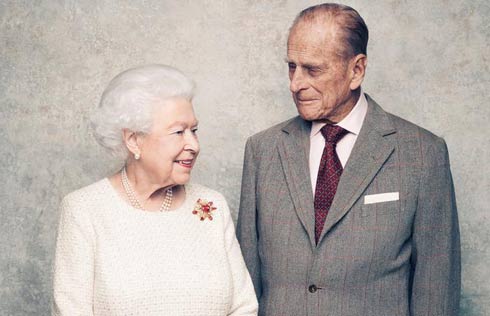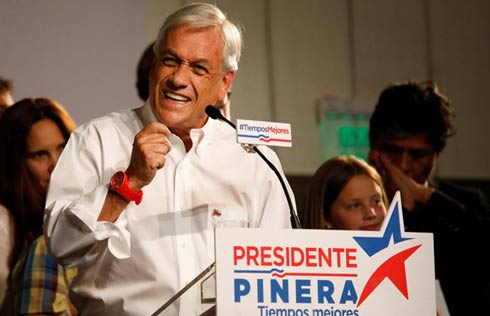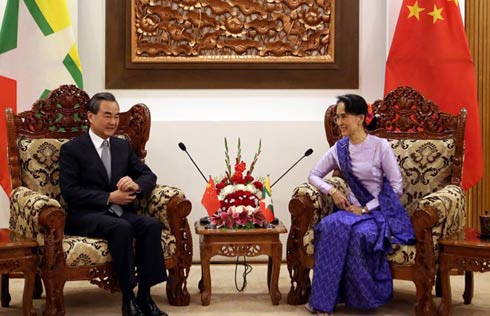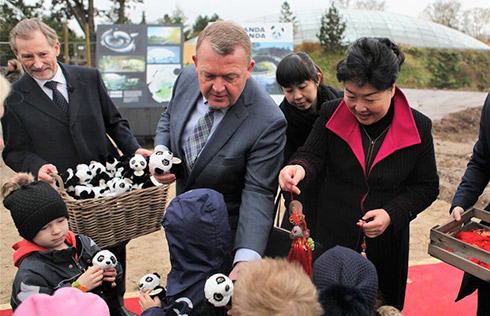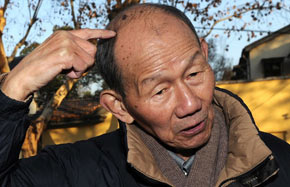Ruling parties of China, DPRK agree to strengthen exchange, push forward ties
PYONGYANG -- The ruling parties of China and the Democratic People's Republic of Korea (DPRK) have pledged to strengthen inter-party exchange and coordination, and push forward the development of relations between the two countries.
The pledge was made during a visit to the DPRK by Song Tao, special envoy of the Communist Party of China (CPC) General Secretary Xi Jinping, on Nov. 17-20.
Song, who is also head of the CPC Central Committee's International Department, met and held talks with leaders of the Central Committee of the Workers' Party of Korea (WPK), during which he made a comprehensive notification on the main spirit and historical contribution of the 19th CPC National Congress held last month in Beijing.
The WPK congratulated the CPC on the overall success of its National Congress, and expressed wishes that under the leadership of the CPC Central Committee with Xi at the core, the Chinese people will make tremendous achievements in building a great modern socialist country with Chinese characteristics and realizing the Chinese Dream of great rejuvenation of the Chinese nation.
The two sides also exchanged views on relations between the two parties and the two countries, and on the Korean Peninsula issue and other issues of common concern.
They expressed wishes to strengthen inter-party exchange and coordination and push forward the development of China-DPRK relations.
During his stay in the DPRK, Song also visited some local institutions in Pyongyang and paid homage to the martyrs of the Chinese People's Volunteer Army at a cemetery in Hoechang County, South Phyongan Province of the DPRK.
While meeting with the Republic of Korea's President Moon Jae-in earlier this month in Da Nang, Vietnam, Xi noted that China sincerely hopes for the best for the peninsula, and encourages the ROK to resume contact and dialogue with the DPRK and restart cooperation for reconciliation.
In his recent meeting with US President Donald Trump in Beijing, Xi reiterated firm commitment to achieving denuclearization of the Korean Peninsula and solving the nuclear issue through dialogue and negotiation.
"The two sides will continue to fully and strictly implement UN Security Council resolutions and stay committed to solving the Korean Peninsula nuclear issue through dialogue and negotiation," Xi told reporters.
China has put forward the suspension for suspension initiative, which requires the DPRK to suspend its missile and nuclear activities in exchange for the suspension of large-scale US-ROK military drills.
It also proposed a dual track approach to denuclearization on the peninsula on the one hand and establishing a peace mechanism on the other.
All relevant parties on the Korean Peninsula nuclear issue should exercise restraint and halt actions that could aggravate tensions in the region, according to a joint statement released by China and Russia after the eighth China-Russia consultation on security situation in Northeast Asia in October.






